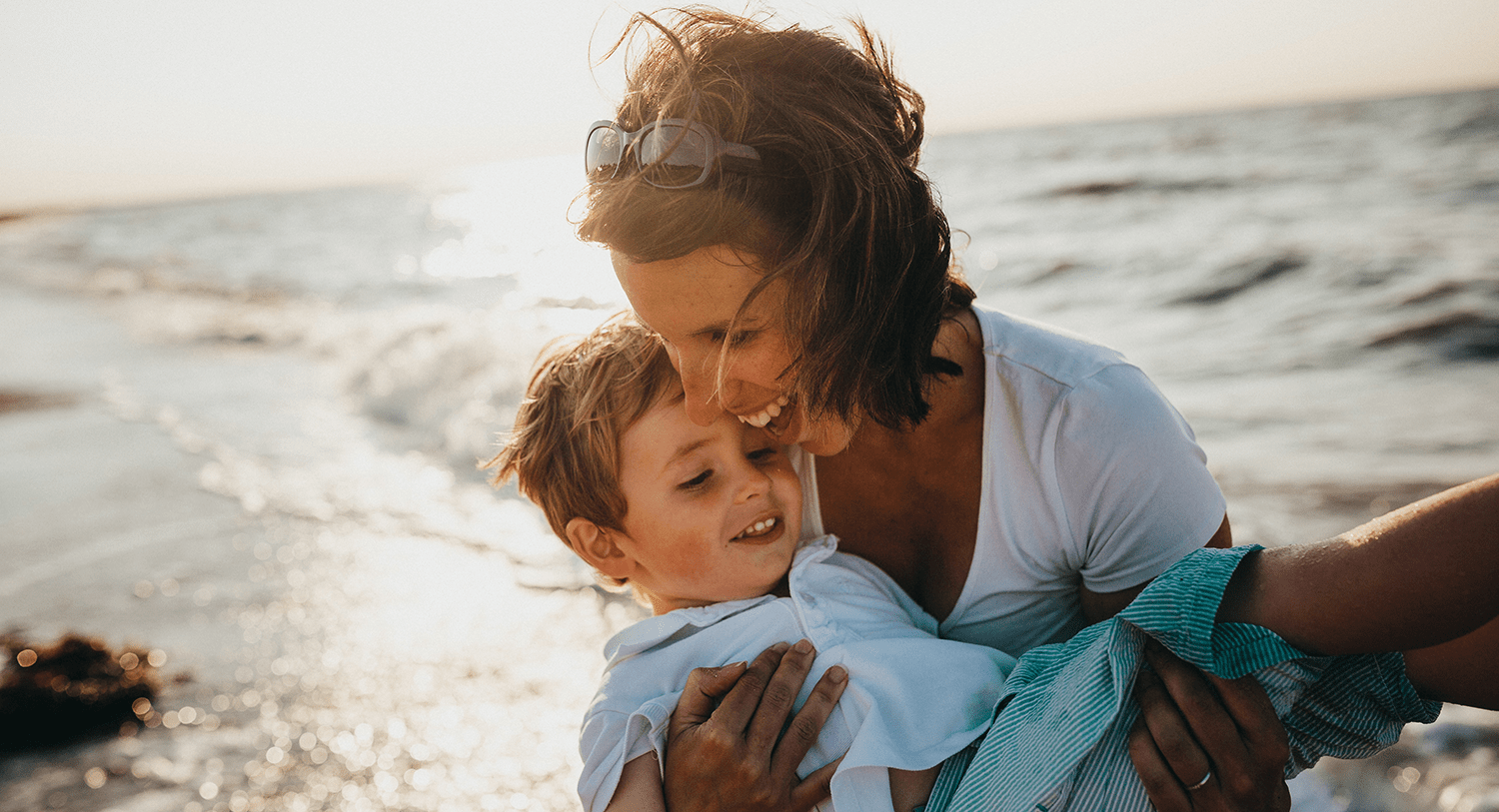
Parents Need Evidenced-Based Advice: A Modest Proposal
An article in the Washington Post caught my eye last week. It’s titled Americans are obsessed with parenting advice. So why are our kids so miserable? and written by Diana Divecha, a Developmental Psychologist at the Yale Center for Emotional Intelligence. Divecha claims, “Americans are obsessed with parenting advice. Bloggers, magazines, whole Web sites urge us to do more. Or less. Be more Chinese they implore. Or more French.” She’s referring to recently published books and accompanying media campaigns that highlighted the variety of parenting approaches for raising children: Battle Hymn of the Tiger Mother and Bringing Up Bébé: One American Mother Discovers the Wisdom of French Parenting. Another article, Thank You to My Dolphin (Not Tiger) Mom, describes a more adaptive approach of parenting. The so-called Dolphin Mom uses an authoritarian style of warmth and affection, accompanied by rules, expectations, learning through consequences, and flexibility.
Where Do All of These Parenting Approaches Come From?
We each draw from our own family and childhood experiences. But according to a study conducted for Zero To Three by Hart Research Foundation and funded by MetLife Foundation, [Claire Lerner & Lynette Ciervo, (2010) Parenting Young Children Today: What the Research Tells Us, Zero To Three Journal, vol. 30(4), 4-9] parents learn from many different sources about how to raise their young children. Nearly half of parents of children birth-3 years in this study turned to their mothers or mothers-in-law for information on child development and parenting. But parents also consulted other people and sources. During 604 phone interviews and from 606 internet surveys, mothers and fathers whose demographics were representative of the US, cited the following sources:

So, in addition to the media sources noted by Divecha, many families turn first to relatives and friends for parenting guidance. Pediatricians are fourth on the list above, and a few progressive pediatricians are addressing this need by developing innovative strategies for incorporating parenting support services into their health visits. Yet, notably missing among the sources listed are those with current evidence-based information on parenting, such as home visitors, parent educators and parenting coaches who work in community-based programs, including Early Head Starts, community health centers, family support programs, family reunification, and family resource centers across the US. Why?
Give All Children a Strong Start in Life
The programs I just listed usually target at-risk families. As we cut up the pie of financial resources, are we neglecting to offer all families with infants and toddlers the opportunity to give their children a positive start in life and nurture them to lifelong health and well-being? When it comes to parenting, everyone can use a helping hand. Is our messaging about parenting support services missing the essential points regarding the short and long-term benefits for all – families, schools, businesses, and communities?
What would our world look like if, during the first year of every child’s life, all families were invited to engage with a trained specialist who offered customized parenting guidance? How can we integrate the spectacular generation of research that has been achieved with motherly advice and familial beliefs about parenting? There’s a mountain of research linking nurturing early relationships to brain development and the need for protective early experiences to foster lifelong health and well-being. This evidence-based parenting information needs to be woven into discussions of parenting with relatives and friends. I recommend we make access to informed advice universal. For such an endeavor, we could learn much from the United Kingdom and other European countries about models for supporting families in the early years. Indeed, the Government of Finland takes this very seriously. Every family with a newborn is given a box big enough to serve as a crib, which is full of baby clothes, diapers and a picture book. This gift is tied to participation in perinatal health care. This is one of many supports extended to all Finish families, no matter their income or education levels. Upon the birth of their baby, Duchess Kate and Prince William received a gift box from the Finish Government. To pay for such services in the United States, we would likely need a sliding scale of payment with no cost to the lowest income families.
Prevention and early intervention are clearly the keys to building nurturing parenting during the early years which lead to lifelong health, learning and well-being for children. Part of the support services might include a brief, reliable and valid observational assessment of a parent-child interaction, such as KIPS. Those working with families could use the assessment information to personalize their services to support nurturing parenting and a strong start for children.
What would energize families across the US to engage eagerly in parenting check-ups, just as they do well-baby visits, with the willingness to learn? By making them universal, we could avoid service stigma. By making them an opt-in service, we could avoid the concern of the interference by the “nanny state”.
